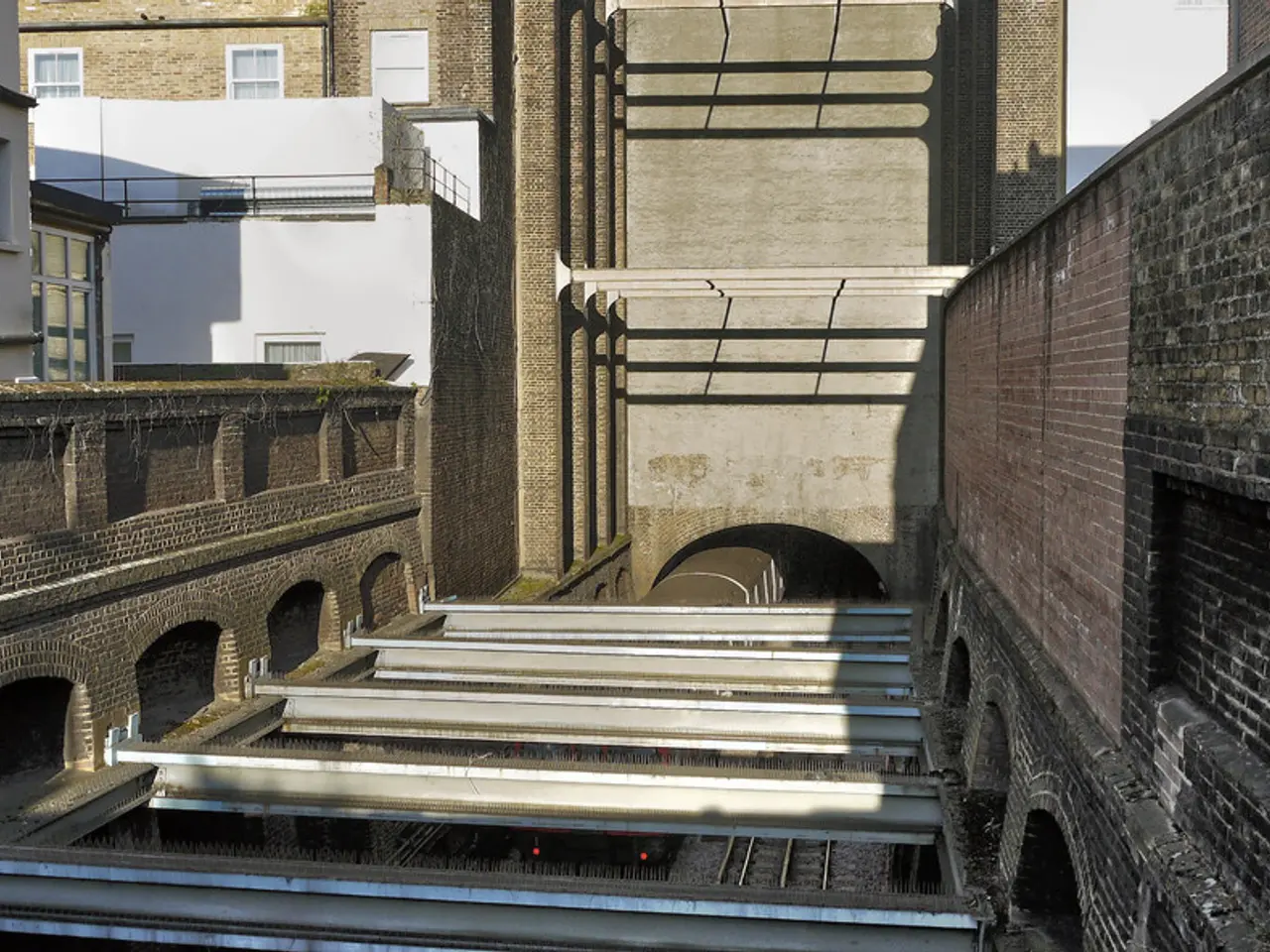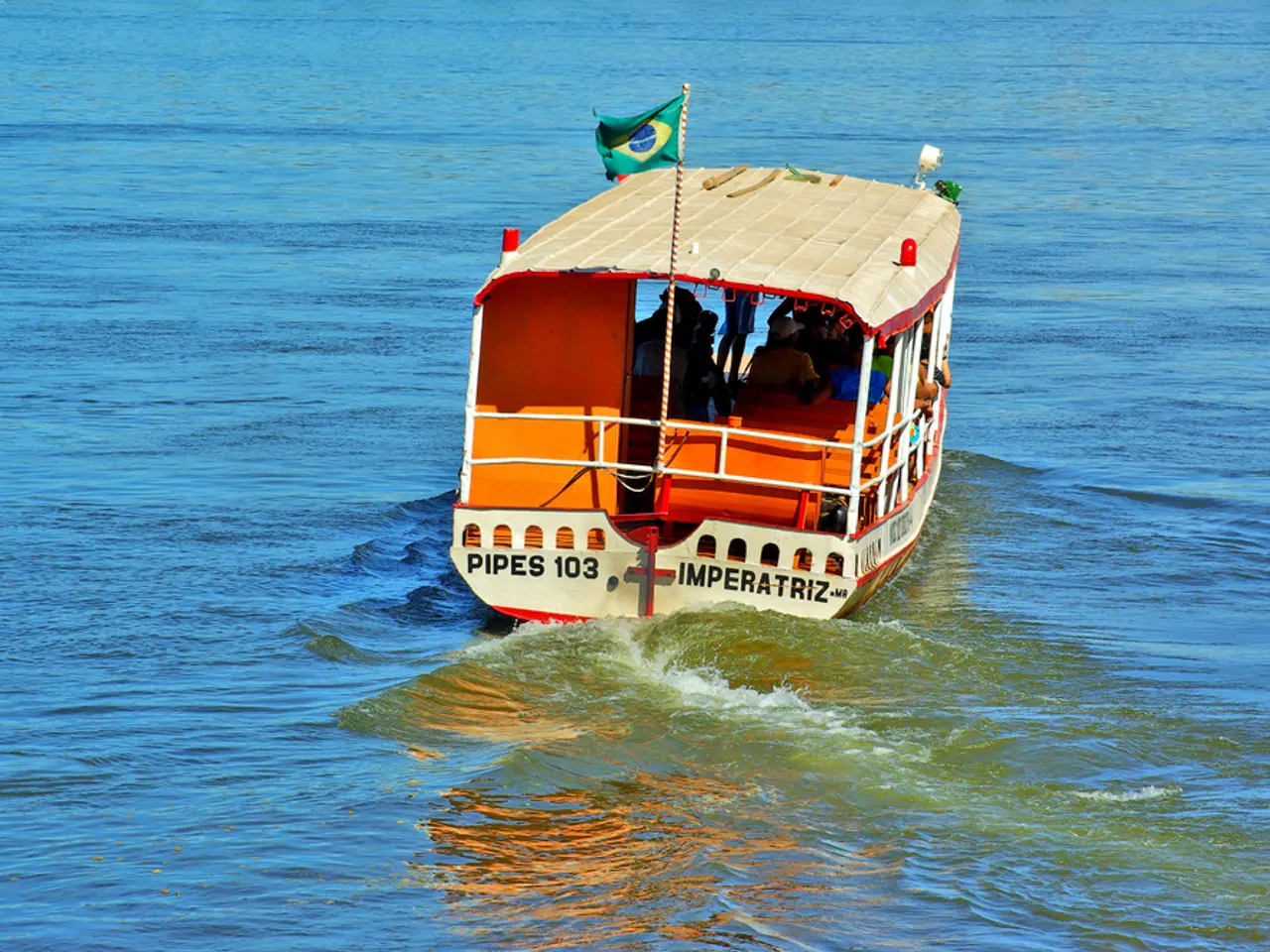Thailand and Cambodia's Temporary Truce Maintained, Albeit Delicately - Tense standoff between Thailand and Cambodia continues, with the fragile truce still in place
In a significant development, the leaders of Thailand and Cambodia have agreed on an "immediate and unconditional" ceasefire at a meeting in Malaysia on Monday. The latest escalation of the long-standing border conflict between the two countries reignited in May 2025, with heavy fighting intensifying on July 24 near the Ta Muen Thom temple area.
The conflict, marked by artillery shelling, rocket attacks, and Thai F-16 airstrikes on Cambodian military targets, has resulted in over 30 deaths, including civilians, and displaced more than 200,000 people. Both sides have accused each other of initiating hostilities, with Cambodia claiming Thai forces launched an unprovoked incursion, and Thailand asserting Cambodian troops fired first.
The root cause of the conflict lies in a complex territorial dispute along poorly demarcated sections of their shared border, particularly around culturally significant sites like the Preah Vihear temple. Nationalist sentiments, historical grievances, and political rivalries within both countries have exacerbated the tension. The conflict involves wider regional and international concerns, including ASEAN, the U.S., China, and the UN.
The recent ceasefire, while reported, lacks detailed information on its terms and enforcement. International diplomatic engagement continues to be crucial to prevent further conflict escalation, with Cambodia stating that false accusations jeopardize the fragile trust and necessary dialogue for a lasting peace.
Despite speculation, there is no credible information indicating any direct role or influence by former U.S. President Donald Trump in this 2025 border conflict or the ceasefire efforts. The conflict remains a regional issue primarily addressed by Southeast Asian and international diplomatic channels.
The border region, a sensitive area for both nations, has been the site of simmering tensions for decades. The ceasefire, if maintained, offers a glimmer of hope for stability and peace. The situation is being closely watched by the international community, with talks between the defense ministers of both countries planned for early next week, to be held in Cambodia.
As the situation remains volatile, it is essential to foster open dialogue and diplomacy to ensure a peaceful resolution and prevent further loss of life and displacement.
- The "community policy" of ASEAN should prioritize coordinating efforts to enforce the ceasefire agreement and de-escalate border tensions between Thailand and Cambodia, given the current political climate marked by war-and-conflicts and general news.
- Amid ongoing regional and international concerns, the employment policy of diplomats and negotiators should emphasize resolving the drawn-out border dispute, considering the sensitive nature of the issue, the impact on employment of displaced people, and the importance of maintaining peaceful relations, particularly in areas with historical grievances and cultural significance like the Preah Vihear temple.






